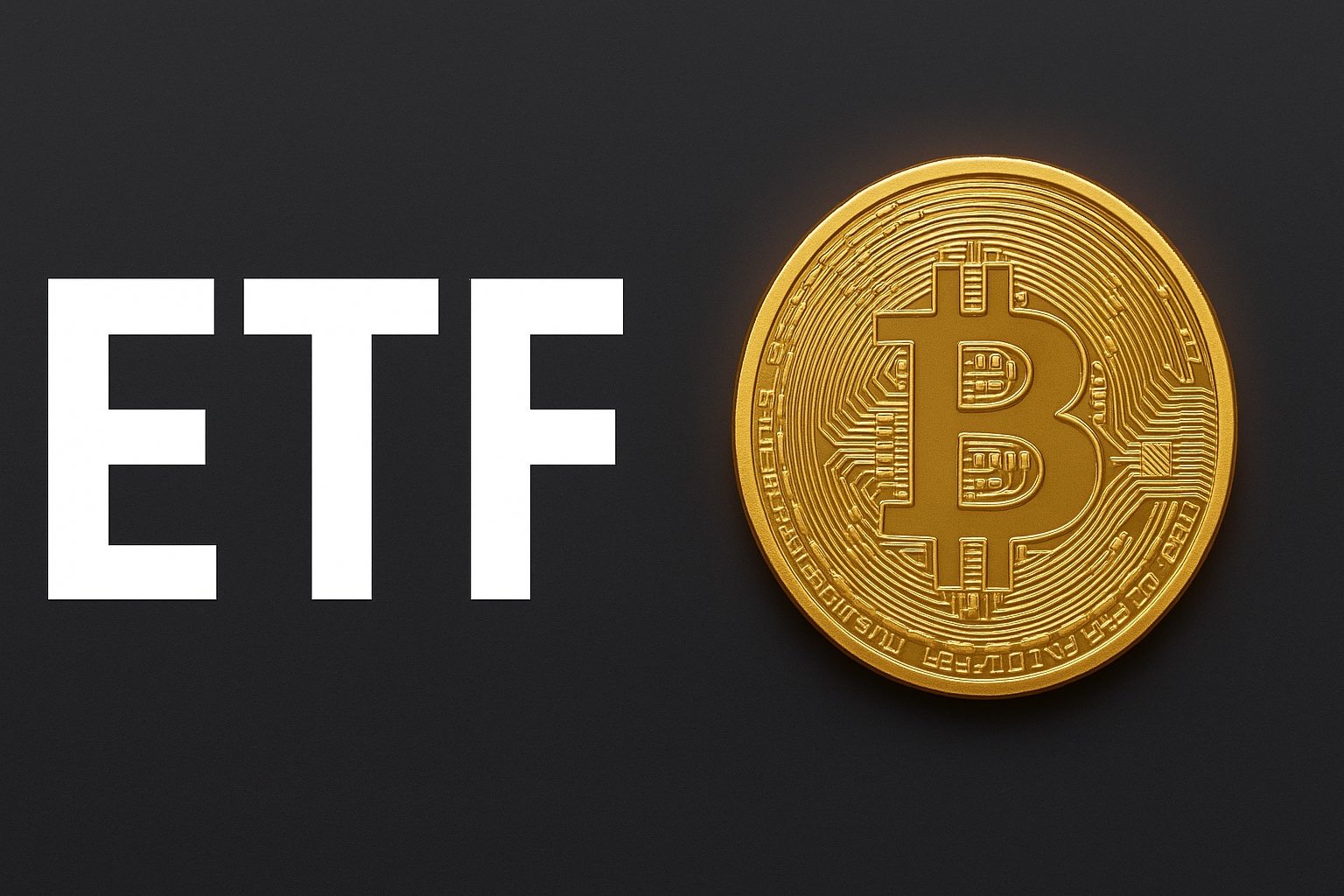The rise of crypto exchange-traded funds (ETFs) has given investors a new way to gain exposure to digital assets. Instead of navigating a crypto exchange, you can now buy exposure through the same brokerage account you already use for stocks. For many, that convenience makes ETFs feel like the simplest way to step into the market.
Still, buying a crypto ETF is not the same as holding crypto itself. The decision often comes down to whether you value simplicity or personal control.
The Case for Crypto ETFs
ETFs offer investors a route that feels familiar. They trade on regulated stock exchanges, can be added to retirement accounts, and remove the need to safeguard private keys. For those who prefer not to manage wallets or deal with the tax complexity that may come with frequent crypto trades, ETFs can be an easy solution.
They also operate under financial oversight, which some investors consider a form of protection that the wider crypto world does not provide. More ETFs are on the way as well. Regulators in the United States recently streamlined the approval process, which could lead to a wave of new products linked to coins like Solana, XRP, and Cardano.
That convenience does not come free. ETFs charge annual fees, they only trade during stock market hours, and most importantly, you do not actually own the underlying coins. You cannot move them, spend them, or use them in decentralized finance.
Even so, new products are emerging. The first Ethereum staking ETF recently launched, and others are expected later this year.
The Case for Holding Crypto Directly
Owning crypto directly gives you full control. You hold the keys, you decide how to use your assets, and you are free to do more than just watch a portfolio valuation. Crypto can be sent across borders, staked to earn yield, added to liquidity pools, or used for yield farming in decentralized finance.
Unlike ETFs, crypto is available around the clock. Markets never close, so you are not tied to Wall Street’s trading hours.
The tradeoff is responsibility. If you lose your keys, your funds are gone. If your security practices are weak, hackers are waiting. Yet for many, that responsibility is part of the appeal. The original idea behind crypto was not about handing control back to traditional finance. It was about becoming your own bank.
Which Is Better for Investors?
There is no universal answer. If you want regulated exposure and simplicity, ETFs are effective. But if you want to experience crypto as it was meant to be used, borderless, permissionless, portable, and under your control, direct ownership is the more authentic path.
In the end, the choice depends on how you see crypto. Is it simply another asset to add to your portfolio, or is it a tool for financial sovereignty? ETFs provide price exposure, but direct ownership is what allows you to participate in the ecosystem. You cannot spend or use an ETF the way you can spend Bitcoin.
If you decide to hold crypto directly, the next step is choosing a secure wallet. A good wallet gives you control over your private keys, safe storage of your assets, and access to the full range of opportunities in the crypto ecosystem. That wallet becomes your entry point to the real benefits of self-custody.
For those looking to take full control of their assets, one of the top options to consider is Best Wallet, a secure, decentralized, and feature-packed ecosystem. One of the major advantages of using Best Wallet is that it is fully self-custodial, allowing users to hold their own assets directly, without accounts, approvals, or invasive ID checks.
However, its self-custodial architecture doesn’t mean users are left alone to shoulder the burden of storing their assets. The platform provides something extra through Fireblocks to give users peace of mind.
Fireblocks does two things that give Best Wallet an edge over other non-custodial wallets. First, it removes the need to use passphrases to access a wallet, eliminating any point of failure that cyber criminals can exploit. And second, it insures all assets stored in the wallet. This approach is essentially a combination of self-custodial features powered by a strong technological foundation.
Other than its self-custodial, security-first design, Best Wallet is shaping up to become a go-to hub for everything crypto, packed with modern features like fiat payments, cross-chain swaps, staking perks, portfolio management, and even a token launchpad.
It’s little wonder that prominent crypto YouTubers, including ClayBro, regard it as one of the best wallets available.
Visit Best Wallet
This article has been provided by one of our commercial partners and does not reflect Cryptonomist’s opinion. Please be aware our commercial partners may use affiliate programs to generate revenues through the links on this article.
